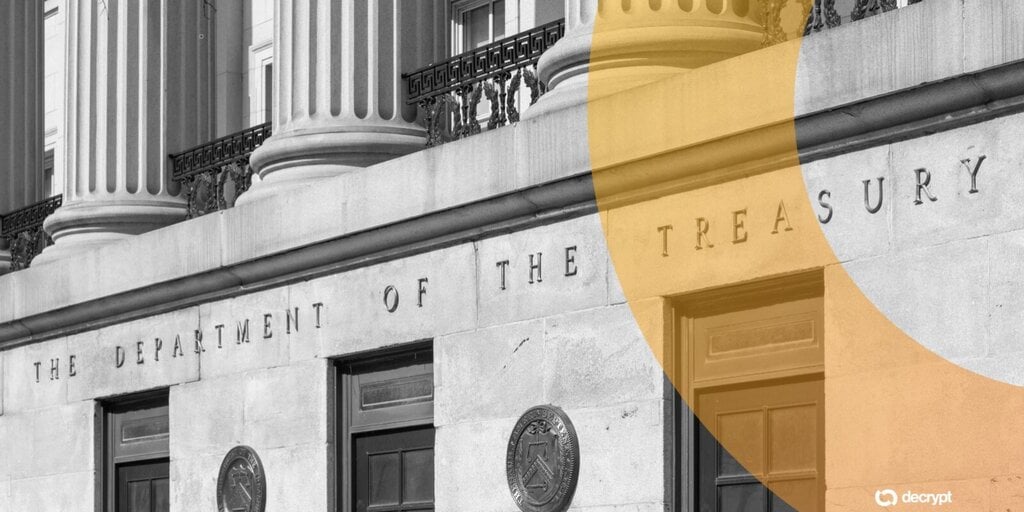
US Treasury Targets Iranian Networks for Illicit Oil Sales Via Cryptocurrency
The U.S. Treasury Department has intensified its campaign against Iran’s financial operations by sanctioning two Iranian nationals and multiple firms based in Hong Kong and the United Arab Emirates. These entities are accused of operating a shadow banking system that facilitated over $100 million in cryptocurrency transactions tied to illicit oil sales. According to the Office of Foreign Assets Control (OFAC), the scheme primarily benefits Iran’s Islamic Revolutionary Guard Corps-Quds Force (IRGC-QF) and Ministry of Defense and Armed Forces Logistics (MODAFL).
Key Figures and Entities Blacklisted
OFAC named Alireza Derakhshan and Arash Estaki Alivand as pivotal operators orchestrating this elaborate scheme since 2023. They leveraged complex networks of front companies in Hong Kong and the UAE, such as Alpa Trading in Dubai and Alpa Hong Kong Limited. These businesses masked financial flows meant to evade sanctions imposed on Iran. The network also had links to Hezbollah-affiliated operators and Syria’s Al-Qatirji Company, both previously sanctioned for their roles in aiding Iran’s military activities.
Shadow Banking Meets Cryptocurrency
Under Secretary of the Treasury for Terrorism and Financial Intelligence, John K. Hurley, emphasized the severe threat posed by these operations: “Iranian entities rely on shadow banking networks to evade sanctions and move millions through the international financial system. Under the leadership of the U.S., we will continue to disrupt these key financial streams.”
Part of the strategy includes targeting cryptocurrency wallets and exchanges. Sanctions were enforced against blockchain activities tied to the alleged scheme—further demonstrating a shift in how technology, specifically digital currencies, is being exploited to bypass traditional financial security measures.
How Cryptocurrency Plays a Role
Angela Ang, APAC head of policy at TRM Labs, noted that the latest sanctions signify the growing relevance of cryptocurrency in illicit global finance. She explained that Iran’s network uses stablecoins such as USDT and TRX to move funds quickly and covertly. By fragmenting financial trails through intermediary wallets, these schemes evade existing compliance measures but remain traceable through diligent enforcement actions.
Sanctioning crypto wallets alongside vessels, front companies, and individuals sends a clear message: digital assets are no longer peripheral to sanctions enforcement but a core element of modern financial monitoring.
Wider Implications for Security and Compliance
The sanctions, announced on the heels of prior measures targeting Iranian oil tanker operations and crypto wallet addresses linked to the IRGC, highlight the U.S. government’s commitment to cutting off Tehran’s access to hard currency. This escalating financial pressure is integral to mitigating the funding of weapons development and regional proxy operations supported by the IRGC and MODAFL.
The emergence of cryptocurrency as a tool for sanctions evasion illustrates the need for robust compliance measures across digital asset platforms. Leading exchanges are urged to improve systems for monitoring suspicious activity and flagging accounts tied to sanctioned entities.
Explore Solutions for Better Security
Organizations and individuals seeking to enhance financial security in transactions can consider tools like TRM Labs’ blockchain intelligence platform, which offers advanced risk management solutions for digital assets. By adopting such technologies, businesses can stay ahead in combating financial crime and sanctions evasion.



